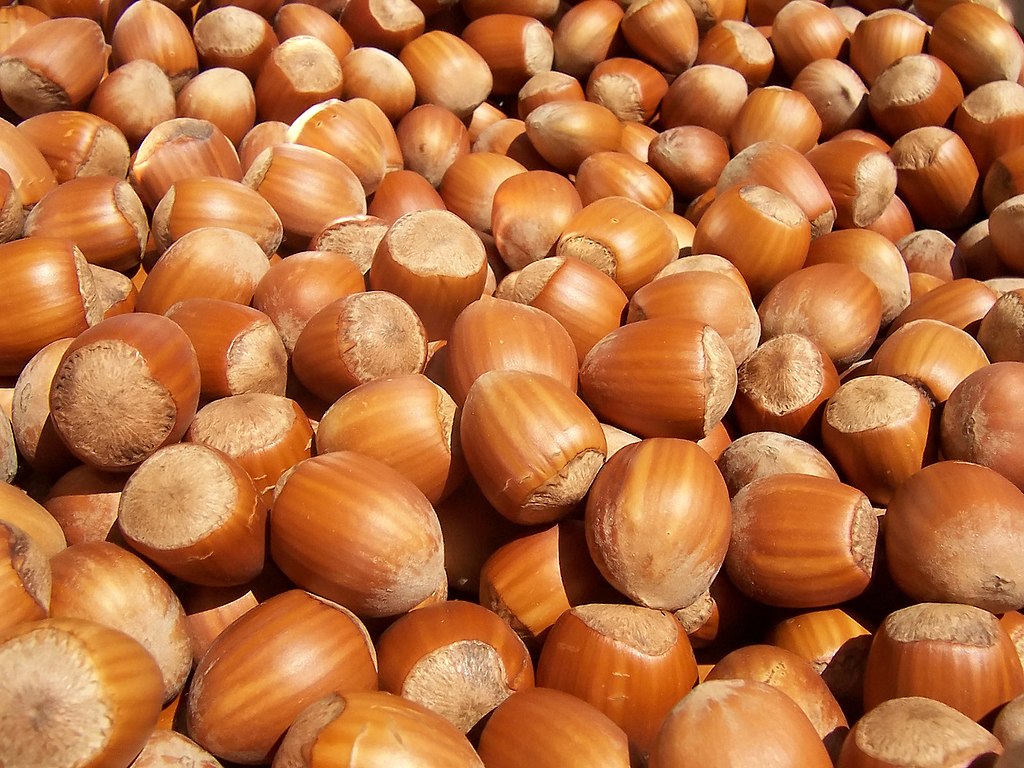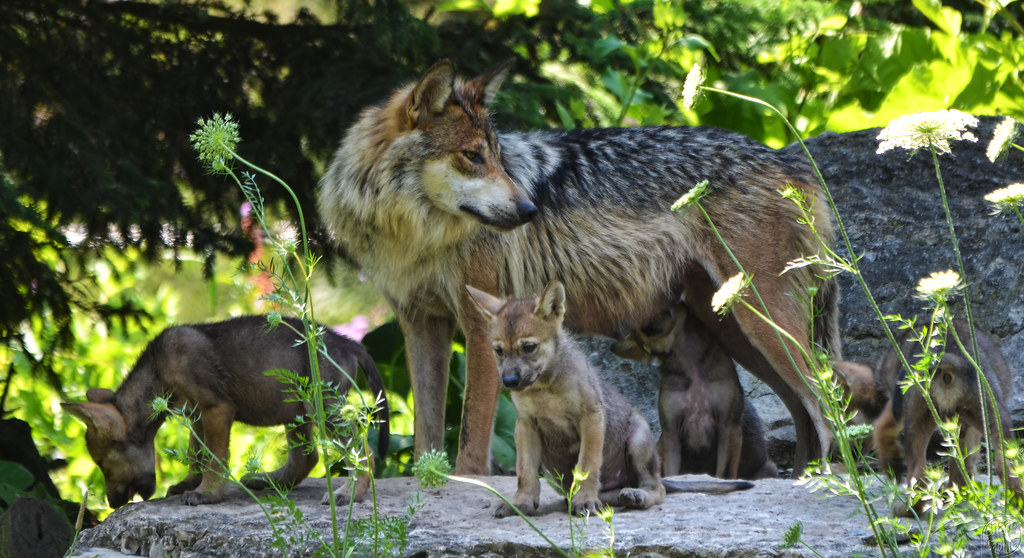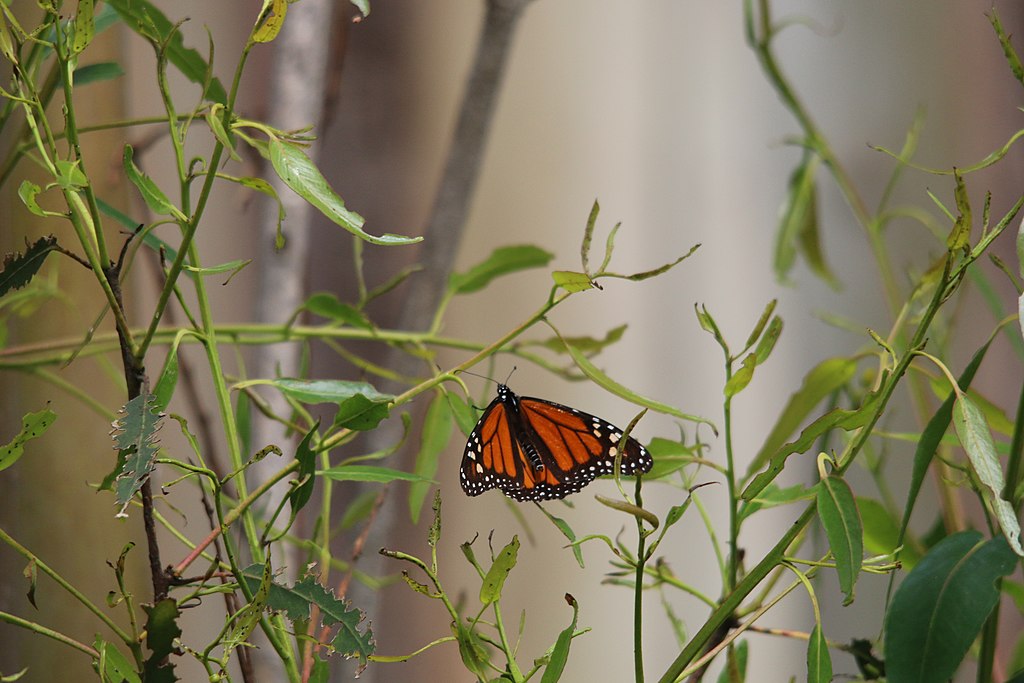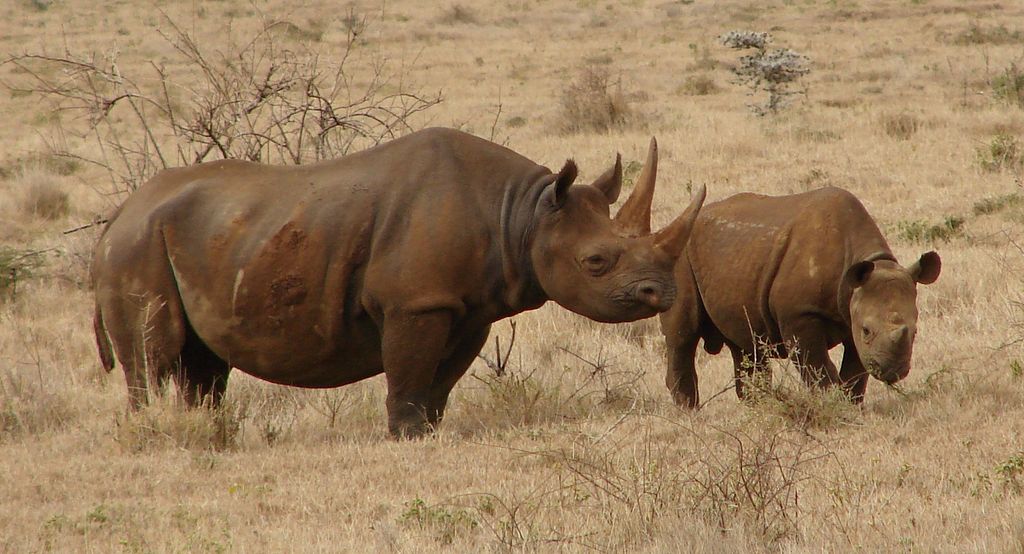Scientists are warning that the world's supply of hazelnuts is being threatened by huge numbers of stink bugs invading Turkey. Scientists and farmers want to control the insects, but they may not be able to do so in time.
Published in “Science”
Around the world, the coronavirus is presenting massive challenges - so huge that governments are having a hard time keeping up. Seeing the need, ordinary citizens are volunteering - pitching in and doing what they can to help.
In early March, the US space agency NASA asked people who wanted to become astronauts to apply. Over 12,000 people applied, showing that interest is still very strong in the US space program.
The number of Mexican gray wolves in the United States jumped by nearly 25% last year. That growth in numbers is good news for an animal that was in danger of dying out. But not everyone is happy about the news.
Companies around the world are working quickly to help solve problems created by the new coronavirus, COVID-19. Recently, two big problems have been that there aren't enough tests and that there aren't enough masks.
Researchers at Georgia Tech have been working to improve a musical robot called Shimon. Now Shimon doesn't simply play music, he also writes the words to his own songs - and sings them.
Worldwide, doctors, nurses, and other health care workers are struggling to find the special equipment they need to deal with the coronavirus. Now people around the world are moving quickly to tackle these problems.
The group in charge of caring for Australia's Great Barrier Reef reports that the reef is going through its third "bleaching" event in five years. Record-setting ocean temperatures are threatening the health of this important underwater environment.
Yesterday, millions of people around the world turned their lights off for "Earth Hour", an event meant to remind people of how important climate action is. Because of the coronavirus, this year's event was marked online.
Scientists are worried about Western monarch butterflies and are trying to understand why they're struggling. To answer their questions, they're asking people in the western US to send in any pictures of monarchs they take this spring.
The numbers of African black rhinos are slowly rising say a group of experts who work to protect threatened animals. The increase in numbers is rare good news for animals that have suffered great losses because of poaching.











